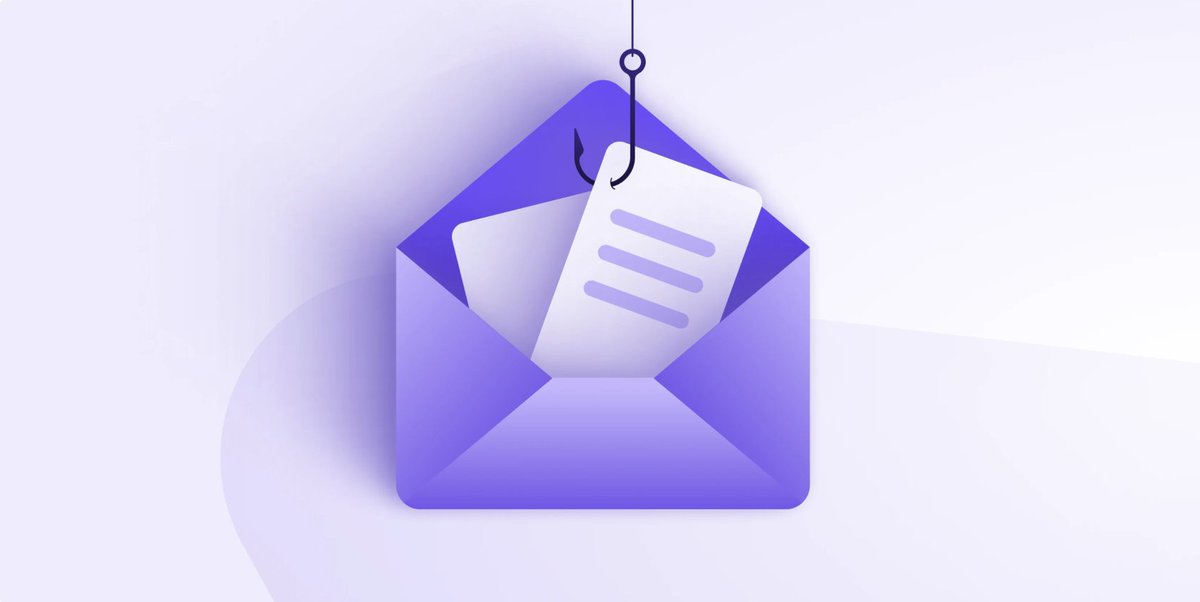Is the web too reliant on a few dominant cloud providers?
Recent events suggest that the answer is yes.
On Oct 20, 2025, a major AWS outage disrupted huge parts of the internet: Amazon, Slack, Reddit, ChatGPT, Canva, Fortnite, and more went offline.
1/7
Recent events suggest that the answer is yes.
On Oct 20, 2025, a major AWS outage disrupted huge parts of the internet: Amazon, Slack, Reddit, ChatGPT, Canva, Fortnite, and more went offline.
1/7
AWS confirmed the root cause: DNS resolution issues in the US-EAST-1 region. The outage has since been resolved.
When Amazon, Google, Microsoft, or Meta experience failures, vast swathes of the web go dark.
We now have single points of failure at the infrastructure level.
2/7
When Amazon, Google, Microsoft, or Meta experience failures, vast swathes of the web go dark.
We now have single points of failure at the infrastructure level.
2/7
There’s also a privacy angle: most apps and services host your data on Big Tech infrastructure.
That concentration of data raises risks of misuse, loss, or exposure.
The dependence also grants these platforms significant economic and political leverage.
3/7
That concentration of data raises risks of misuse, loss, or exposure.
The dependence also grants these platforms significant economic and political leverage.
3/7
What can we do to reduce risk in the future?
➡️ Use independent, privacy-first cloud & storage options like Proton Drive
➡️ Always keep local/offline backups
➡️ Use apps that work offline and sync later
4/7
➡️ Use independent, privacy-first cloud & storage options like Proton Drive
➡️ Always keep local/offline backups
➡️ Use apps that work offline and sync later
4/7
For businesses:
➡️ deploy in multiple cloud regions
➡️ use failover strategies
➡️ use content delivery networks
➡️ test disaster recovery plans
The bigger vision is an internet built on a diverse mix of infrastructure and ownership, not controlled by just a few giants.
5/7
➡️ deploy in multiple cloud regions
➡️ use failover strategies
➡️ use content delivery networks
➡️ test disaster recovery plans
The bigger vision is an internet built on a diverse mix of infrastructure and ownership, not controlled by just a few giants.
5/7
At Proton, we aim to be part of that vision. Our apps run independently of Big Tech’s cloud infrastructure.
They’re open source, audited, & protected under Swiss privacy laws.
We also support the Eurostack movement, a push for European infrastructure & cloud diversity.
6/7
They’re open source, audited, & protected under Swiss privacy laws.
We also support the Eurostack movement, a push for European infrastructure & cloud diversity.
6/7
The web works best when no single company controls it all.
If you care about the future of the internet's resilience, privacy, and autonomy, it’s time to question the status quo and support alternatives.
🔗 Read the full article 👇
7/7proton.me/blog/aws-outage
If you care about the future of the internet's resilience, privacy, and autonomy, it’s time to question the status quo and support alternatives.
🔗 Read the full article 👇
7/7proton.me/blog/aws-outage
• • •
Missing some Tweet in this thread? You can try to
force a refresh








